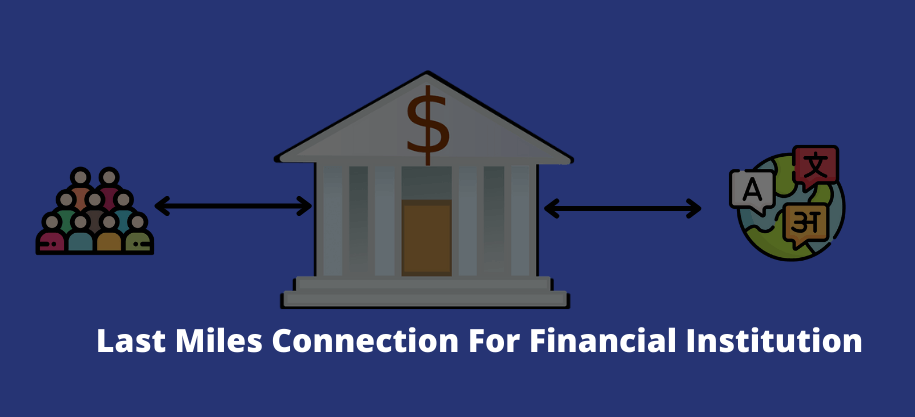If you have caught yourself singing along to “Paytm Karo” or the official “Digital India” song, you have successfully participated in empowering thousands of people from all over the country. India is known to have a complex mixed economy and several socio-cultural reasons affecting it from time to time.
We have always been incapable of utilizing our resources fairly due to one barrier or the other, lack of localization in the banking and financial sector is one of them. Not anymore, ‘Digital India’ is now not just meant for big cities. People from all over the country actively participate in it, making advancements in their concerned sectors.
Need For Localization In The Banking And Financial Sector
It cannot be denied that the online platform remains a stranger to so many of us. To such an extent, financial inclusions of tier 3 cities and beyond have been taken into special consideration. Previously, it was extremely difficult to even open a bank account, from standing in the line for hours to waiting several days for official documents to come to you through the mail. Most importantly, people would have to travel to the nearest town or city in order to avail themselves of banking services due to lack of branches.
The present-day scenario is different. Provided a person has all the required documents necessary to apply for a loan or open a bank account, they can easily go through the procedure online, but not without facing a language barrier. It might be easier to access online services these days, only to be met with more difficulties since most information is provided in English.
These applications from banks and other financial institutions are not just meant for opening accounts and applying for different schemes and loans, but provide you with helpful information and daily updates. A smart citizen helps India become a smart country. Once goods and services are more community-friendly, local economies are boosted.
A bank opens up to a wider market, availing all kinds of services through digital apps or online platforms, increasing their profits as well as bringing a change in per capita income.
Inclusion Of Regional Languages In Digital Forms
In today’s world, a financial institution uses only English as its official language. Here, the convenience of a farmer from a remote village to avail of financial services comes into question, since we have more than 58% of our population involved in the agricultural sector, and the requirement for related loans increases every day. How then, is he supposed to advance? The rural sector counts as the most important one since they are a majority.
The government is capable of taking a lot of initiative to include regional languages in digital forms through mobile applications and websites that make it easier for people unfamiliar with English, as we know the potential it has, being the seventh-largest country in the world. We have the right to demand such needs, more inclusion, more branches, and more development.
Final Thoughts
By empowering these people from tier 3 and beyond cities, the government can most definitely provide them with opportunities to bring about considerable financial changes, increasing their standard of living and benefiting the economy as a whole. People get more employment opportunities and business ideas through ease in communication and the availability of native or regional language options.
It decides where our country stands globally. We are diverse, many-coloured, and multi-lingual, but what we need to be the most right now is accepting, inclusive and true to the spirit of economic growth.
The need for localization in the banking and financial sector is crucial. Thus with the help of Process9 Translation management systems, you can achieve localization and embrace non-English speaking people across India.







Share: